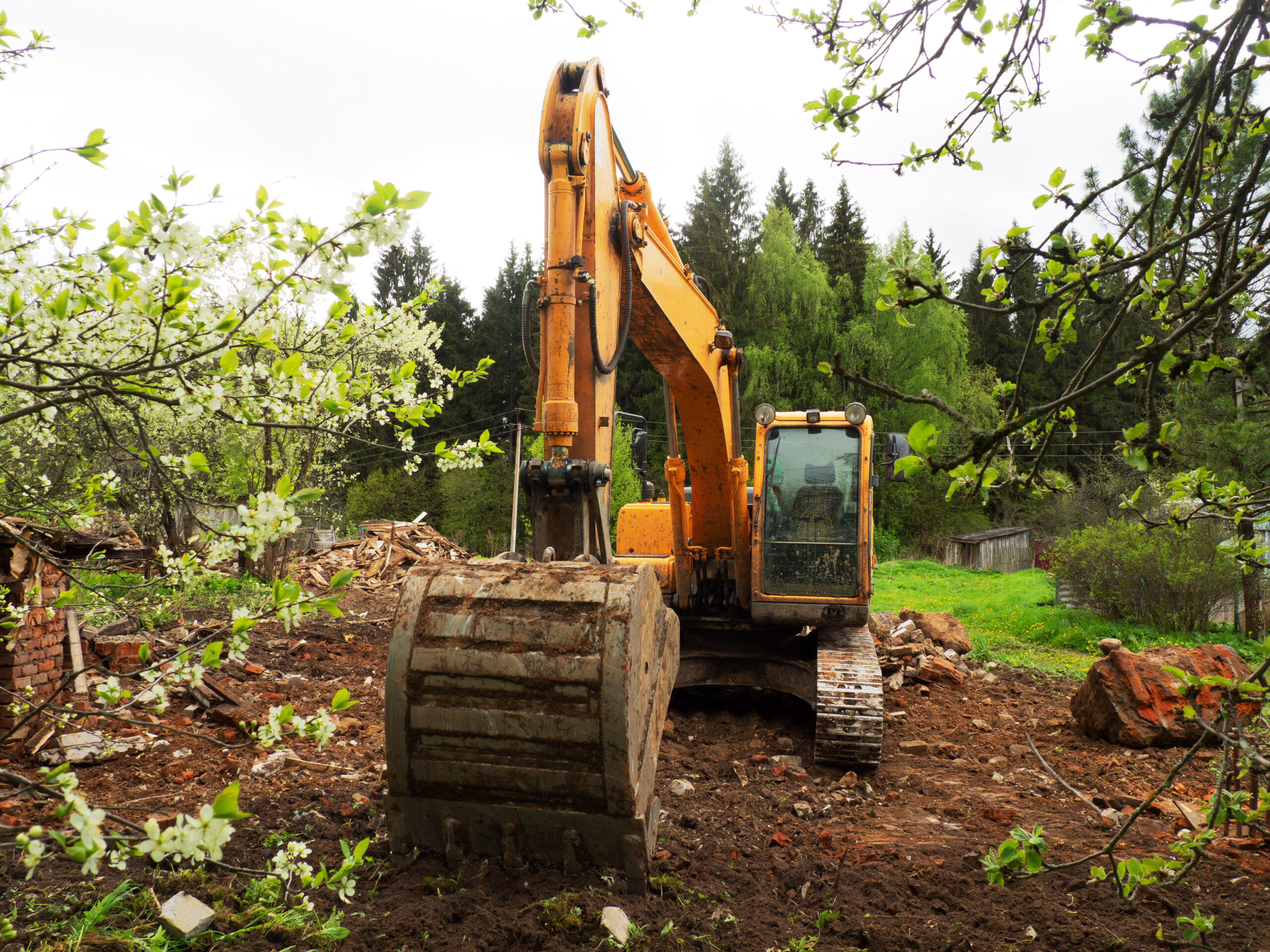Land clearing experts can help you manage risks
Land clearing professionals in Round Rock and Austin TX can help manage potential hazards in the clearing process. It is a crucial step in various development projects, from residential construction to agricultural expansion. However, it’s not without its risks. As the demand for land development continues to rise, so does the importance of understanding and mitigating these risks. In Texas, where vast expanses of land are primed for development, being aware of the potential hazards of land clearing is essential. Fortunately, enlisting the expertise of professional land-clearing services can significantly reduce these risks and ensure a smoother, safer project. Let’s delve into some common risks associated with land clearing and how professionals can help you navigate them effectively.
1. Environmental Impact:
One of the primary concerns with land clearing is its environmental impact. Improper cleaning methods can lead to soil erosion, habitat destruction, and disruption of natural ecosystems. In Texas, where conservation efforts are increasingly emphasized, it’s crucial to minimize these impacts. Professional land-clearing companies employ techniques that prioritize environmental sustainability. They assess the site’s ecology, implement erosion control measures, and employ selective clearing methods to preserve native vegetation wherever possible. By working in harmony with the environment, professionals can mitigate the ecological risks associated with land clearing.
2. Soil Compaction and Erosion:
Clearing land can disturb the soil structure, leading to compaction and erosion issues. Compacted soil restricts root growth and water infiltration, hindering plant growth and ecosystem health. Erosion, on the other hand, can result in sediment runoff, contaminating waterways and causing long-term environmental damage. Professional services utilize equipment and techniques specifically designed to minimize soil disturbance. They employ low-impact machinery and implement erosion control measures such as silt fences and sediment basins to prevent soil erosion. By prioritizing soil conservation, professionals help maintain soil fertility and protect the surrounding environment.
3. Safety Hazards:
Land clearing involves operating heavy machinery and working in potentially hazardous conditions. Without proper training and safety protocols, workers and bystanders are at risk of accidents and injuries. In Texas, where stringent safety regulations govern construction activities, ensuring a safe work environment is paramount. Professional land-clearing companies prioritize safety above all else. They provide comprehensive training to their staff, adhere to industry safety standards, and conduct thorough site assessments to identify and mitigate potential hazards. By entrusting your land-clearing project to professionals, you can rest assured that safety remains a top priority throughout the process.
4. Legal Compliance:
Failure to comply with local regulations and permitting requirements can result in costly delays and legal repercussions. Land clearing activities are subject to various environmental regulations, zoning ordinances, and permitting processes, varying from county to county in Texas. Navigating this regulatory landscape can be daunting for inexperienced individuals. Professional services have a deep understanding of local regulations and permitting requirements. They liaise with regulatory authorities, obtain necessary permits, and ensure full compliance with applicable laws. By entrusting professionals to handle the regulatory aspects of your project, you can avoid potential legal pitfalls and streamline the permitting process.
5. Cost Overruns:
Underestimating the complexities of land clearing can lead to unexpected costs and budget overruns. Inefficient clearing methods, equipment breakdowns, and unforeseen obstacles can all contribute to increased expenses. Professional companies conduct comprehensive site assessments and project planning to accurately estimate costs and timelines. They leverage their expertise and experience to optimize clearing methods, minimize wastage, and identify potential cost-saving opportunities. By partnering with professionals, you can avoid costly surprises and ensure that your project stays within budget.
6. Wildlife Protection:
Clearing land can disrupt natural habitats and endanger local wildlife populations. In Texas, with its rich biodiversity, protecting wildlife is a critical consideration in land development projects. Professional land-clearing companies employ strategies to minimize the impact on wildlife habitats. They conduct thorough wildlife surveys prior to clearing activities, identifying sensitive areas, and implementing measures to mitigate disturbances. These measures may include creating buffer zones around habitats, scheduling clearing activities outside of sensitive breeding seasons, and relocating wildlife when necessary. By prioritizing wildlife protection, professionals help preserve Texas’ natural heritage while facilitating responsible development.
7. Fire Risk Management:
In regions like Texas, where wildfires are a recurring threat, land clearing can increase the risk of fire outbreaks if not conducted properly. Accumulation of dry vegetation and debris, along with increased exposure of flammable materials, can create ideal conditions for wildfires to spread rapidly. Professional land clearing services incorporate fire risk management strategies into their operations to reduce the likelihood of wildfires. They clear vegetation in a controlled manner, create firebreaks to contain potential outbreaks, and implement defensible space around structures to enhance fire protection. By proactively addressing fire risk, professionals help safeguard both property and lives in wildfire-prone areas.
8. Site Stabilization:
After land clearing, sites are often left vulnerable to erosion, sedimentation, and invasive species colonization. Without proper stabilization measures, these issues can escalate, leading to long-term environmental degradation. Professional clearing companies prioritize site stabilization as an integral part of their services. They utilize erosion control techniques such as revegetation, mulching, and bioengineering to stabilize the soil and prevent erosion. Additionally, they monitor the site post-clearing to address any erosion or vegetation issues that may arise. By ensuring site stability, professionals help maintain the integrity of the landscape and minimize the need for future remediation efforts.
In summary, professional land clearing services play a crucial role in mitigating the risks associated with land clearing while promoting sustainable development practices. From environmental conservation to community engagement and long-term stewardship, professionals offer expertise, resources, and a commitment to excellence that ensures successful project outcomes. In Texas, where land development is booming, choosing the right partner is essential for achieving your project goals while safeguarding the environment and the community.
Hire the best land-clearing experts in Round Rock and Austin TX
Leaf Tree Services is your locally owned professional tree service with certified arborists for residential and commercial customers in Round Rock, Austin, and surrounding Central Texas areas. You can trust your trees to us. Contact us today to schedule a consultation, at 512-670-6766.


